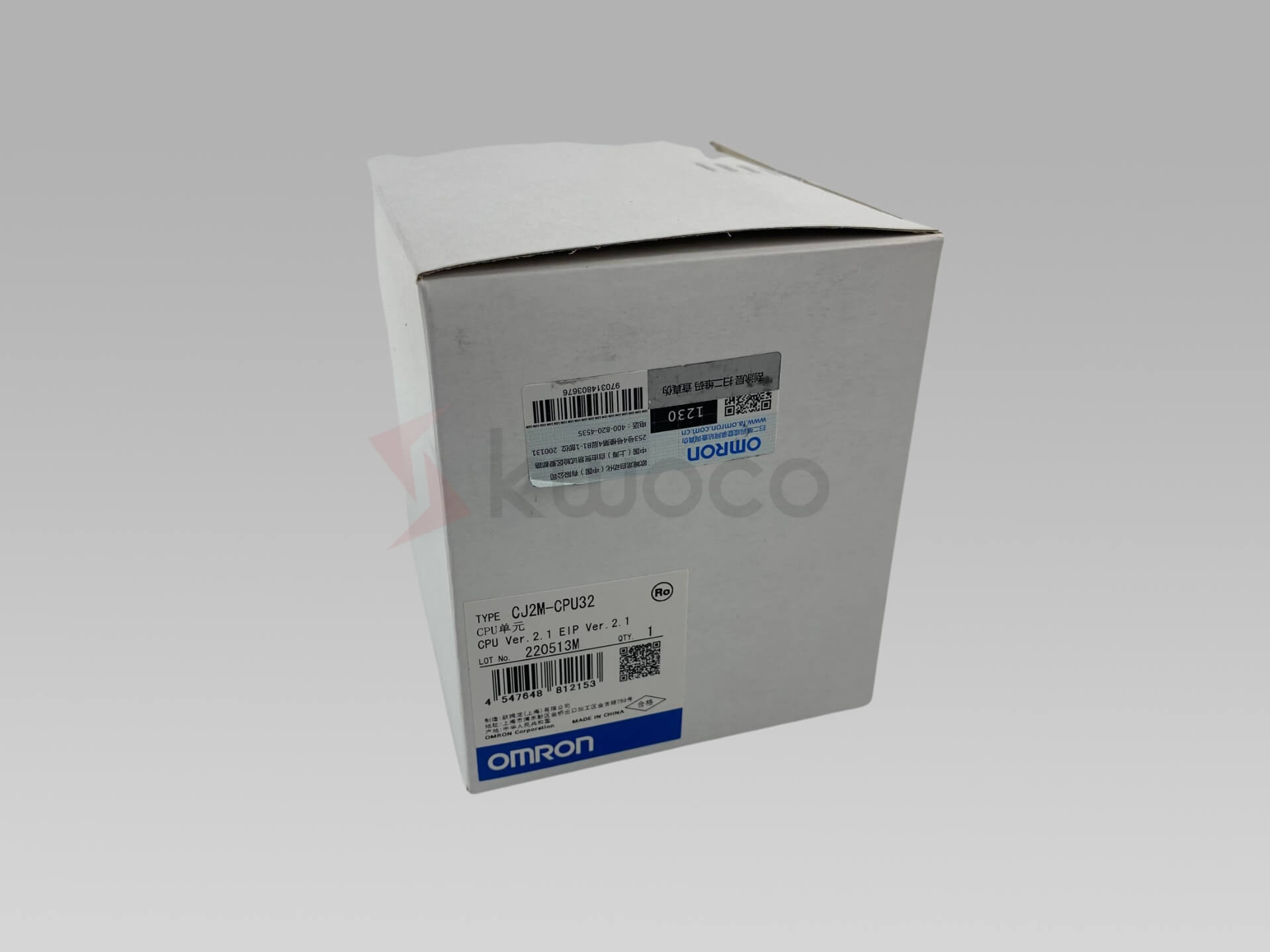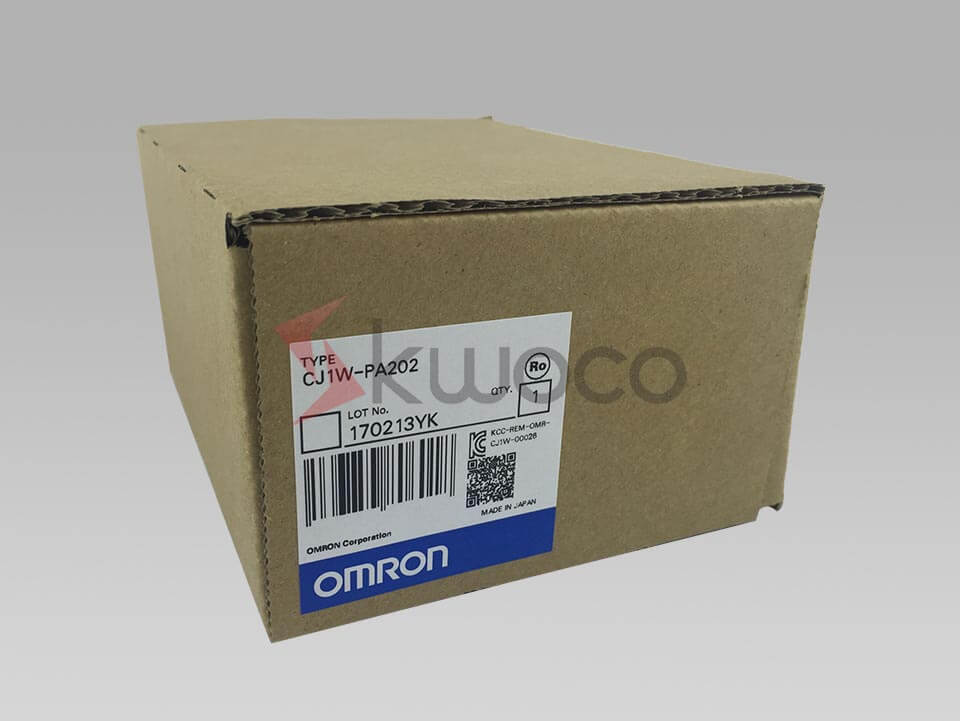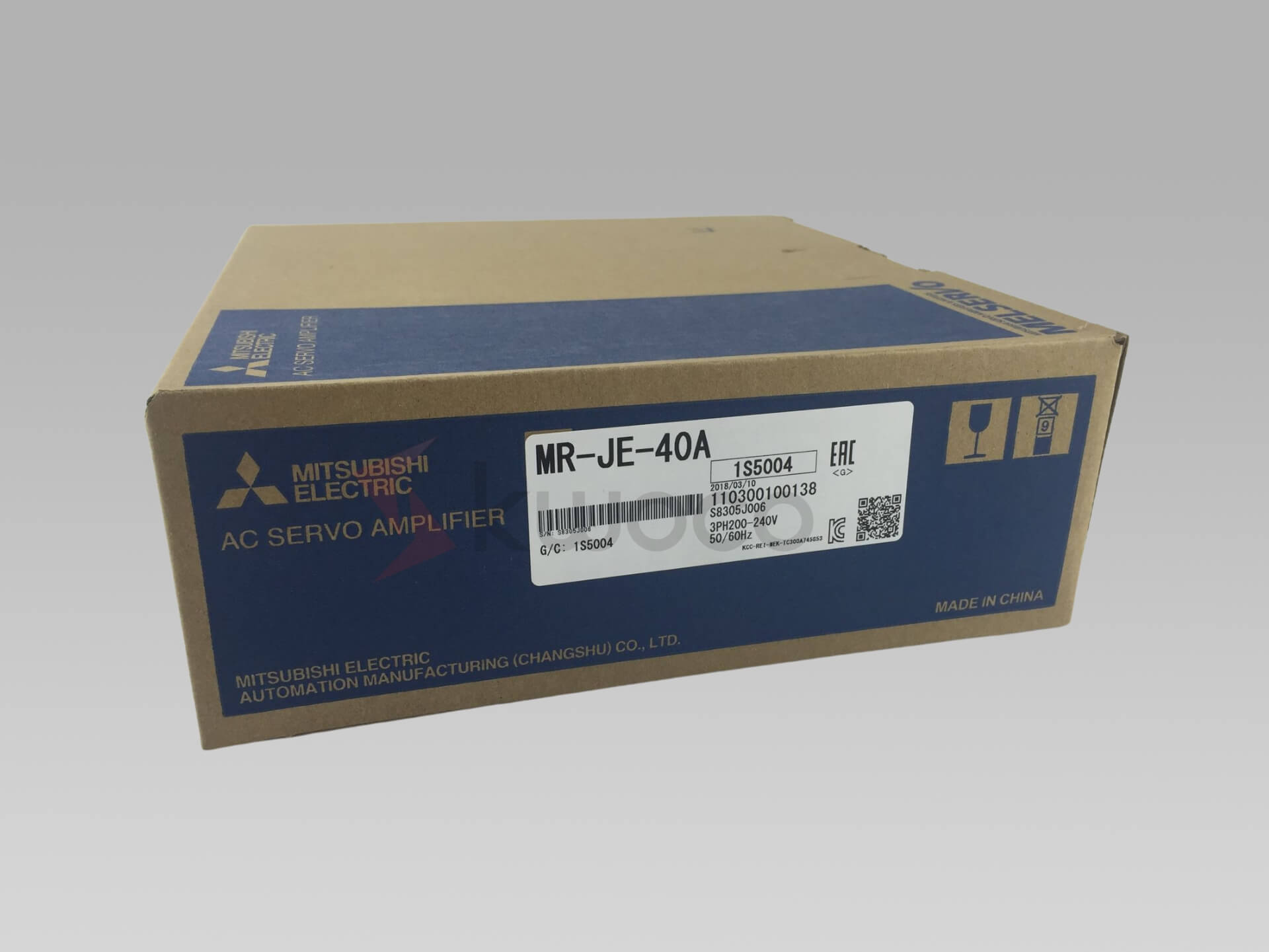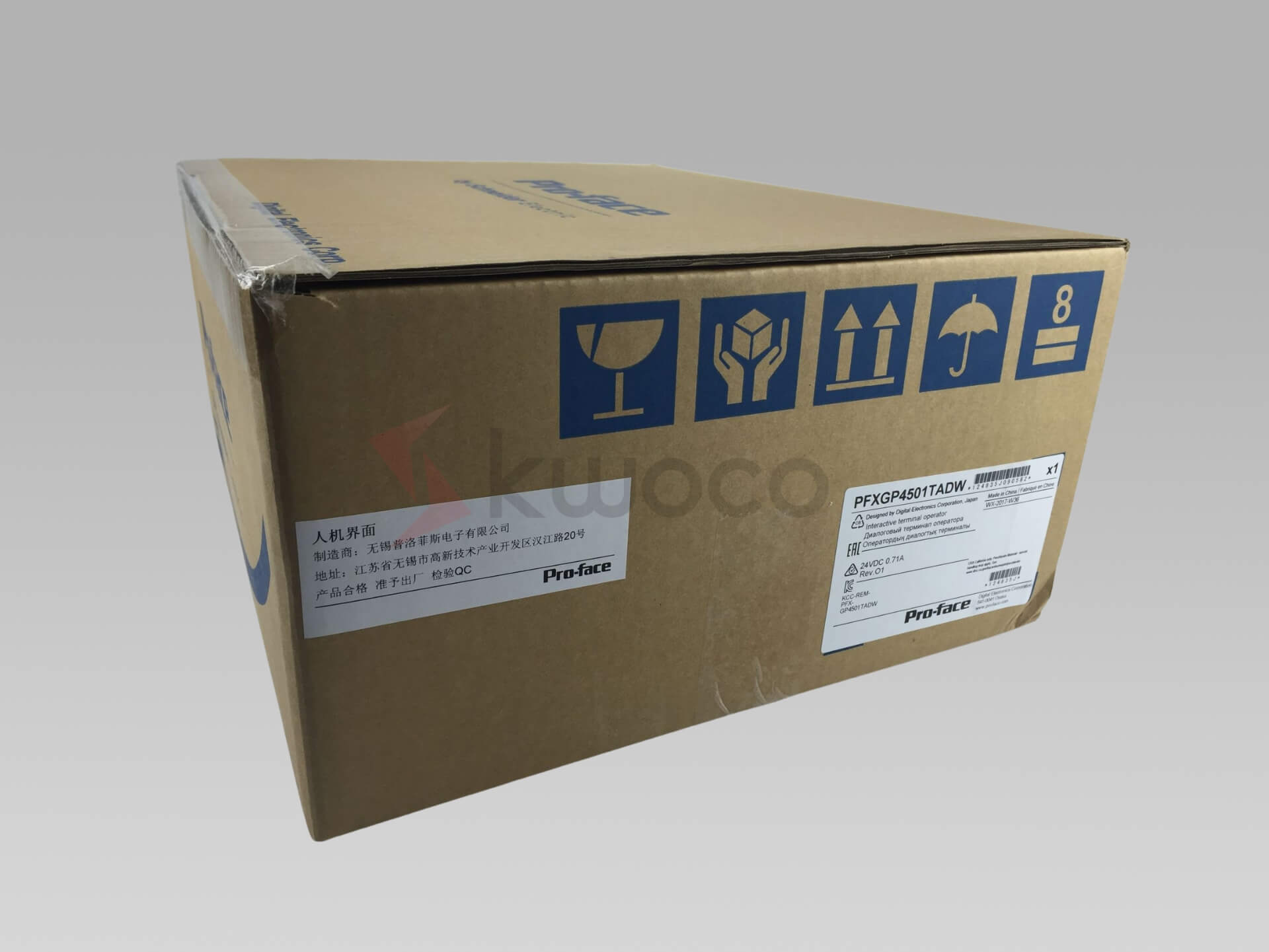Mi a különbség a PLC, a SCADA és a DCS között?
PLC, SCADA és DCS különböző szerepet tölt be. A különbségek megértése segít optimalizálni a termelési folyamatokat. A PLC egy programozható logikai vezérlő, amely meghatározott műveletek vezérlésére szolgál; A DCS egy elosztott vezérlőrendszer, amely egy egész gyár vezérlésére alkalmas; míg a SCADA monitorozásra és adatgyűjtésre használt szoftver.
Tartalomjegyzék
Ezeknek a különbségeknek a megértése segíthet megalapozottabb döntések meghozatalában, és növelheti üzleti hatékonyságát. Nézzük meg mélyebben az egyes rendszerek konkrét funkcióit és alkalmazási forgatókönyveit.
Mennyire érti a PLC-t, a SCADA-t és a DCS-t?
PLC (programozható logikai vezérlő)
A PLC egy digitális számítógépes eszköz, amelyet kifejezetten az ipari folyamatok automatizálására terveztek. Bemeneti programokon keresztül vezérli a csatlakoztatott kimeneti eszközöket, és széles körben használják közepes és nagy méretű alkalmazásokban. A PLC-ket jellemzően kevesebb be- és kimeneti ponttal rendelkező rendszerekben használják, amelyek több száz be- és kimenet vezérlésére alkalmasak.
DCS (elosztott vezérlőrendszer)
A DCS egy dedikált rendszer, amelyet folyamatos vagy szakaszos gyártási folyamatokhoz használnak. Több nagy teljesítményű PLC-ből áll, amelyek a teljes gyári automatizálási folyamatot irányíthatják. Ha a PLC-k önmagukban nem elegendőek a teljes automatizálási folyamat vezérlési igényeinek kielégítésére, a DCS elengedhetetlenné válik, mivel több bemenetet és kimenetet támogat.
SCADA (felügyeleti ellenőrzés és adatgyűjtés)
A SCADA egy ipari vezérlőrendszerekhez használt tervezőszoftver. Lehetővé teszi a kezelők számára a teljes folyamat megtekintését egy grafikus felületen keresztül, valamint a helyi vezérlőmodulok távoli elérését és vezérlését. Például, Omron PLC a CX-Supervisort használja SCADA szoftverként, míg a Mitsubishi PLC Uniware-t használ.
A SCADA rendszerek nemcsak a teljes gyár folyamatparamétereit figyelik, hanem lehetővé teszik a felhasználók számára az előre beállított értékek megváltoztatását is, ami rugalmasabb vezérlést tesz lehetővé.
További kapcsolódó kérdések
Melyik a megfelelőbb kis- és középvállalkozások számára: PLC vagy DCS?
A kis- és középvállalkozások számára a PLC-k általában megfelelőbbek, mivel költséghatékonyak és könnyen telepíthetők. Másrészt a DCS ideális olyan nagyvállalatok számára, amelyek integrált és összetett vezérlőrendszereket igényelnek.
Melyek a SCADA rendszerek fő előnyei?
A SCADA rendszerek fő előnyei a hatékony adatgyűjtési és felügyeleti képességeikben rejlenek. Valós időben nyomon követhetik a teljes gyár üzemállapotát, javítva ezzel a válaszadási sebességet és a döntéshozatal hatékonyságát.
Hogyan kell karbantartani és ápolni a PLC-ket?
A PLC-k stabil működésének biztosítása érdekében rendszeresen ellenőrizze a tápellátást és a csatlakozási portokat, frissítse a szoftververziókat, azonnal készítsen biztonsági másolatot a programokról, és tartsa tisztán a berendezés környezetét, nehogy por és nedvesség érje a PLC-t.
Hogyan biztosított a SCADA rendszerek biztonsága?
A SCADA rendszerek biztonsága többrétegű védelmi stratégiák megvalósításával garantálható, beleértve a tűzfalakat, a titkosított kommunikációt, a hozzáférés-ellenőrzést és a rendszeres biztonsági auditokat. Ezek az intézkedések segítenek megakadályozni az illetéktelen hozzáférést és a lehetséges kibertámadásokat.
Milyen szempontokat kell figyelembe venni a DCS kiválasztásakor?
A DCS kiválasztásakor vegye figyelembe a rendszer méretezhetőségét, kompatibilitását, a gyártói támogatást, a válaszidőt és a rendszer stabilitását, hogy biztosítsa a jelenlegi és jövőbeli termelési igények kielégítését.
Erősítse meg projektjeit vadonatúj, eredeti Omron, Mitsubishi, Schneider PLC segítségével – raktáron, készen áll!
Következtetés
A PLC, SCADA és DCS közötti különbségek megértése kulcsfontosságú az ipari automatizálási folyamatok optimalizálásához. A megfelelő rendszer kiválasztása nemcsak a termelés hatékonyságát növelheti, hanem a minőséget és a megbízhatóságot is biztosítja. Ha bármilyen kérdése van, forduljon hozzánk bizalommal a [email protected] e-mail címen. Elkötelezettek vagyunk amellett, hogy professzionális műszaki támogatást és megoldásokat nyújtsunk Önnek.
Lépjen kapcsolatba velünk
Csak töltse ki nevét, e-mail címét és kérésének rövid leírását ezen az űrlapon. 24 órán belül felvesszük Önnel a kapcsolatot.
Ezeket a témákat is érdekesnek találhatja
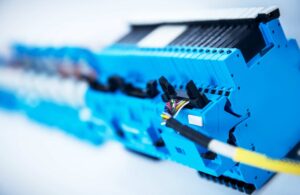
Mi az a biztonsági PLC? A biztonság és az automatizálás megértése
Egy olyan korban, amikor az automatizálás a működési siker szerves részét képezi, a munkahelyi biztonság biztosítása a legfontosabb. Sok iparág küzd a kérdéssel: hogyan integrálhatjuk hatékonyan a biztonsági intézkedéseket automatizálási rendszereinkbe? A Safety PLC (Programozható logikai vezérlő) robusztus megoldásként szolgál, hatékony módot biztosítva a biztonsági funkciók kezelésére, miközben megfelel a szigorú biztonsági előírásoknak.

RTD és hőelemek: létfontosságú érzékelők az ipari automatizáláshoz
Az ipari automatizálás területén a pontos hőmérsékletmérés kulcsfontosságú az optimális működés fenntartásához és a termékminőség biztosításához. Ez a cikk az ellenálláshőmérséklet-érzékelők (RTD-k) és a hőelemek, a két legszélesebb körben használt hőmérséklet-érzékelő bonyolultságával foglalkozik.

Együttműködési ügyek a Kwoco és a berendezésgyártók között
Együttműködési ügyek a Kwoco és a berendezésgyártók között A KWOCO egyre több berendezésgyártó preferált beszállítójává vált.


